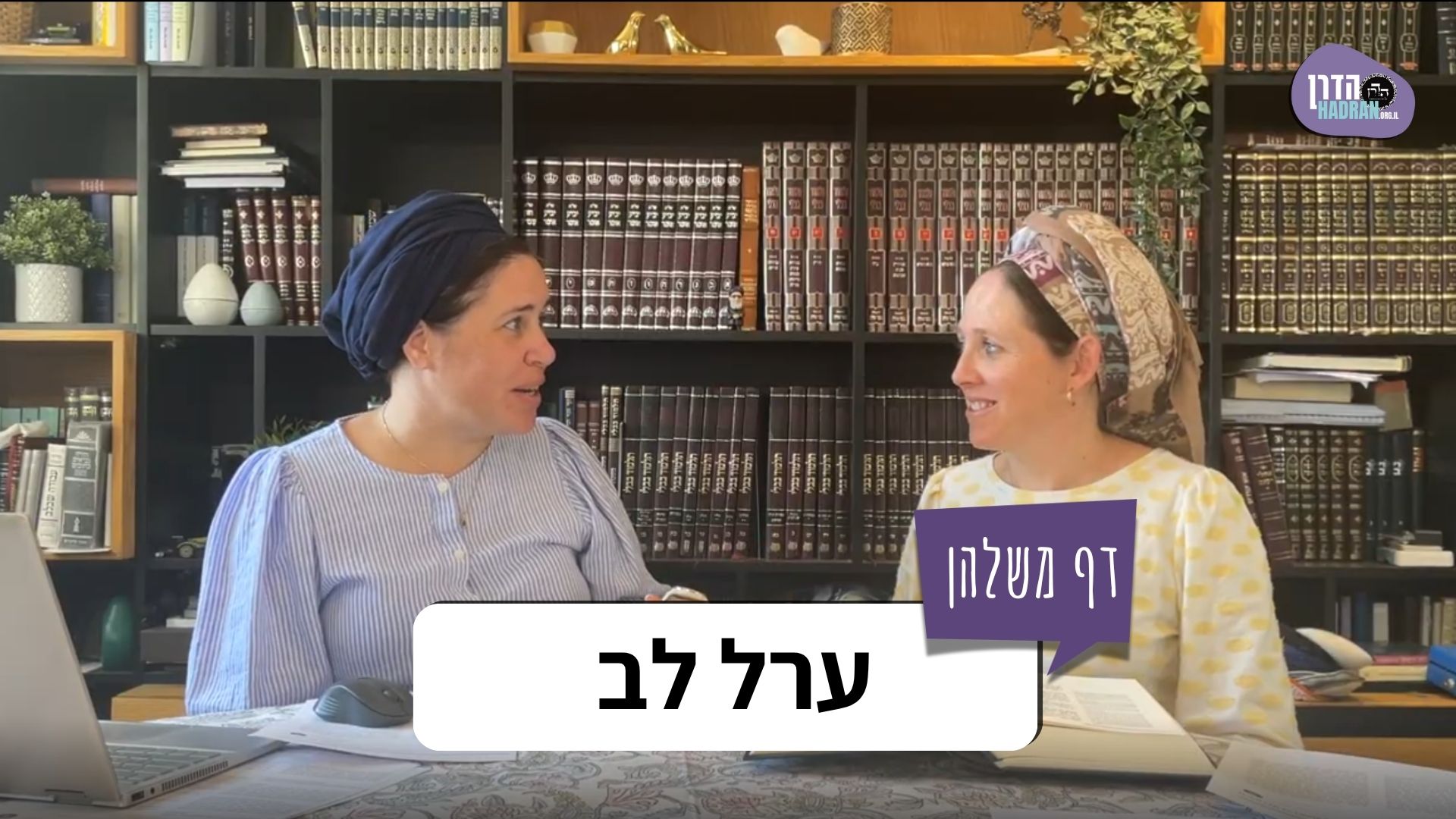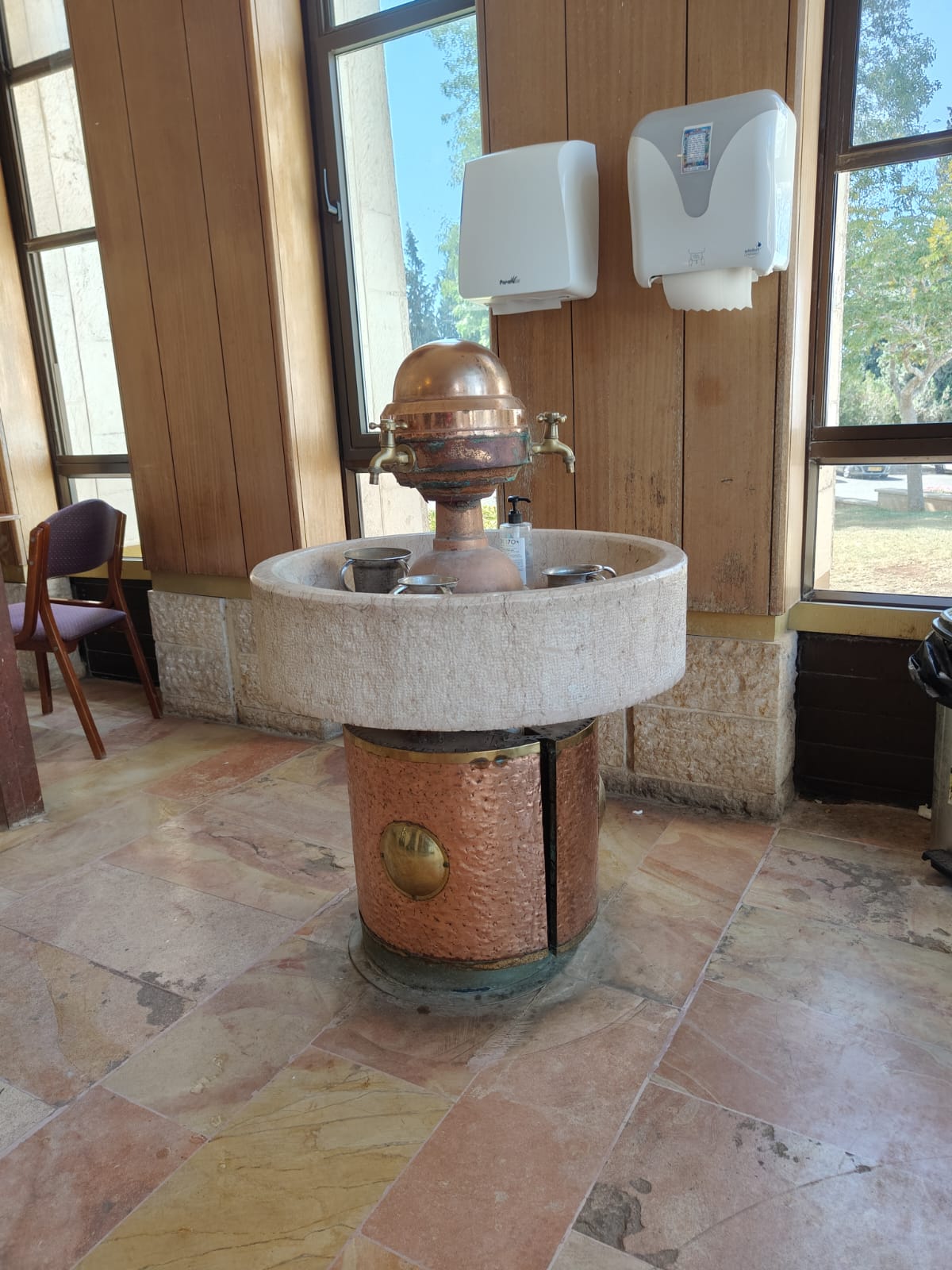Two people claimed ownership over a boat, the law of “may the stronger one prevail” kicks in. If one of them asks the court to seize the property to prevent that law from kicking in to buy time in which he/she can find evidence to support his/her claim, can they? And if the court does seize it, can they release it in the event that no further proof is found. If two claim ownership to land but neither can prove it, Rav Nachman says: “the stronger one prevails.” There are many interpretations explaining the logic behind this law (which seems more like anarchy than a law). The gemara then compares it to various other cases of doubtful situations where either the law is that it gets split 50/50 or the judges can decide which side gets the item in question. The gemara now reverts back to the first mishna regarding how long it takes for one to have a chazaka on the land. It brings an example where one can have a chazaka immediately. Rav Zevid limits this case and his explanation is questioned by Rav Ashi. In the end it seems clear that if one had a sharecropper or sold one rights to the fruits of the property, one must make sure that before three years pass, one must state a protest or explain that the person has rights only to the fruits. Otherwise, the other can claim ownership. The same is true for land used for collateral where the fruits the lender eats are used to pay back the loan (mashkanta d’sura)
This month’s learning is sponsored by Beth Balkany in honor of their granddaughter, Devorah Chana Serach Eichel. “May she grow up to be a lifelong learner.”
Bava Batra
Masechet Bava Batra is sponsored by Lori Stark in loving memory of her mother in law, Sara Shapiro z”l and her father Nehemiah Sosewitz z”l.
Want to dedicate learning? Get started here:

This month’s learning is sponsored by Beth Balkany in honor of their granddaughter, Devorah Chana Serach Eichel. “May she grow up to be a lifelong learner.”
Bava Batra
Masechet Bava Batra is sponsored by Lori Stark in loving memory of her mother in law, Sara Shapiro z”l and her father Nehemiah Sosewitz z”l.
Delve Deeper
Broaden your understanding of the topics on this daf with classes and podcasts from top women Talmud scholars.
New to Talmud?
Check out our resources designed to help you navigate a page of Talmud – and study at the pace, level and style that fits you.
The Hadran Women’s Tapestry
Meet the diverse women learning Gemara at Hadran and hear their stories.
Bava Batra 34b
הָהוּא אַרְבָּא דַּהֲווֹ מִינְּצוּ עֲלַהּ בֵּי תְרֵי, הַאי אָמַר: ״דִּידִי הִיא״, וְהַאי אָמַר: ״דִּידִי הִיא״. אֲתָא חַד מִינַּיְיהוּ לְבֵי דִינָא, וְאָמַר: תִּיפְסוּהָ אַדְּמַיְיתֵינָא סָהֲדֵי דְּדִידִי הִיא. תָּפְסִינַן, אוֹ לָא תָּפְסִינַן? רַב הוּנָא אָמַר: תָּפְסִינַן. רַב יְהוּדָה אָמַר: לָא תָּפְסִינַן.
§ The Gemara relates: There was a certain boat that two people were quarreling about with regard to its ownership. This one said: It is mine, and that one also said: It is mine. One of them came to court and said: Seize it until I am able to bring witnesses that it is mine. The Gemara asks: In such a case, do we seize it or do we not seize it? Rav Huna said: We seize it. Rav Yehuda said: We do not seize it, as there is no cause for the court to intervene.
אֲזַל, וְלָא אַשְׁכַּח סָהֲדֵי. אֲמַר לְהוּ: אַפְּקוּהָ, וְכֹל דְּאַלִּים גָּבַר. מַפְּקִינַן, אוֹ לָא מַפְּקִינַן? רַב יְהוּדָה אָמַר: לָא מַפְּקִינַן. רַב פָּפָּא אָמַר: מַפְּקִינַן. וְהִלְכְתָא: לָא תָּפְסִינַן, וְהֵיכָא דִּתְפַס – לָא מַפְּקִינַן.
The court seized the boat. The one who requested of the court to seize it went to seek witnesses, but did not find witnesses. He then said to the court: Release the boat, and whoever is stronger prevails, as this is the ruling in a case where there is neither evidence nor presumptive ownership for either litigant. The Gemara asks: In such a case, do we release it or do we not release it? Rav Yehuda said: We do not release it. Rav Pappa said: We release it. The Gemara concludes: And the halakha is that we do not seize property in a case where ownership is uncertain, and where it was seized, we do not release it.
זֶה אוֹמֵר: ״שֶׁל אֲבוֹתַי״, וְזֶה אוֹמֵר: ״שֶׁל אֲבוֹתַי״ – אָמַר רַב נַחְמָן: כֹּל דְּאַלִּים גָּבַר. וּמַאי שְׁנָא מִשְּׁנֵי שְׁטָרוֹת הַיּוֹצְאִין בְּיוֹם אֶחָד –
There was an incident where two people dispute the ownership of property. This one says: It belonged to my ancestors and I inherited it from them, and that one says: It belonged to my ancestors and I inherited it from them. There was neither evidence nor presumptive ownership for either litigant. Rav Naḥman said: Whoever is stronger prevails. The Gemara asks: And in what way is this case different from the case where two people produce two deeds of sale or gift for the same field that are issued on one day,




































